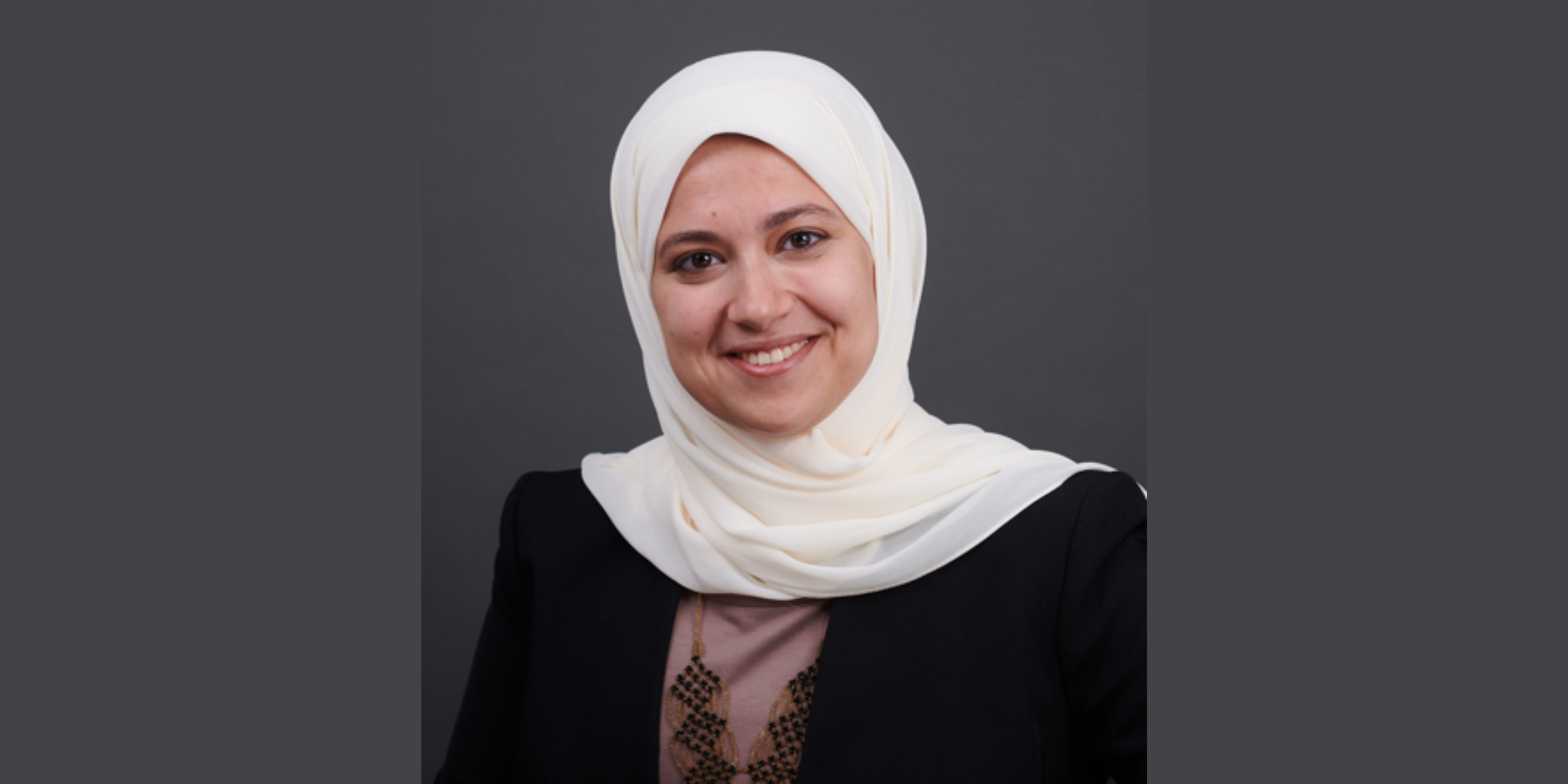
Graduate Studentship Award Project Highlight
Virtual Care in Community Pharmacy Services: A Scoping Review and Resulting Recommendations for Practice and Policy
Led by Yasmin Aboelzahab, PhD Candidate at the Leslie Dan Faculty of Pharmacy
Interview in Q&A Format for Newsletter Highlight
IfP: Could you tell us about yourself and your journey to the PhD program here at U of T?
Yasmin: I'm a second year PhD student at the Leslie Dan Faculty of Pharmacy at the University of Toronto. Previously, I worked as a hospital and community pharmacist in my home country. Then I moved to Canada, obtained my Master’s degree from the Translational Research program at the University of Toronto, and started my PhD journey at the Leslie Dan Faculty of Pharmacy with Dr. Lisa Dolovich as my supervisor. I am also lucky to be guided by Dr. Lisa McCarthy and Dr. Andrew Pinto among my advisory thesis committee.
IfP: Could you tell us how you found yourself in this field and this area of study?
Yasmin: I'm a pharmacist by training. Together with my translational research expertise that I gained during my master’s, I became really interested in uncovering real world needs and identifying healthcare gaps in order to improve patient experience.
I am also very interested in qualitative research, and I believe it's a very effective tool to better understand people's lived experiences. I'm also interested in health service research and pharmacy practice.
IfP: As it pertains to the IfP Studentship award, could you tell us a little bit more about your project titled “Virtual Care in Community Pharmacy Services: A Scoping Review and Resulting Recommendations for Practice and Policy?”
Yasmin: As we all know, the COVID-19 pandemic has shown that virtual care is an essential care delivery tool for healthcare services, including community pharmacy services. This is crucial when it's not possible to meet patients in person. So, virtual care was used to make sure that patients still got the care that they needed and at the same time, staying away and staying safe from COVID-19 infection.
Community pharmacists have also used virtual care to provide remote pharmacy services for patients, which is a practice that we still see today, even after the critical time of the COVID-19 pandemic.
So, my project is a scoping review about the use of virtual care in community pharmacy services. We are collaborating with key stakeholders and experts in the field, including Dr. Andrea Tricco and Dr. Marcia McLean to make sure that they have their valuable input in our project. Also, I’m working closely with Andrea McCracken during the scoping review screening process.
IfP: At this point, can you provide us with any project progress updates?
Yasmin: The use of virtual care in community pharmacy services hadn’t been comprehensively reviewed before. So, when I started, the first stage of the scoping review was a preliminary literature search. I was able to identify several reviews that generally talked about the topic of the use of virtual care and health services.
But there were some limitations. For example, many reviews were exclusively focused on specific research methods, such as RCTs (randomized control trials). Or focused on the use of virtual care in hospital by physicians, with minimum or no information about the use of virtual care in community pharmacy by community pharmacists. There is also another one that’s focused on specific means of virtual care in community pharmacy such as VR (virtual reality), with no mention to other virtual care means such as mobile applications or telepharmacy.
So, we thought that we needed to map the literature and explore these research gaps within the scope of virtual care in this setting, which is community pharmacy. We want to identify: What types of virtual care are being used in community pharmacy How is it being used? What are the barriers and facilitators, especially during the pandemic?
So, we conducted the primary literature search, developed the review protocol, and completed the search strategy. Currently, we are in the study selection process.
IfP: How does your project align with the IfP’s 3 main themes of recovery, readiness and resilience?
Yasmin: This scoping review can increase both pandemic readiness and resilience.
This can be done by identifying opportunities to optimize the use of virtual care in community pharmacy services, and also increase access to healthcare services to maintain continuity of care, especially with social distancing measures that are applied during the pandemic.
IfP: What do you hope will come out of this research?
Yasmin:
I believe achieving all the goals that I've previously mentioned can be a stepping stone towards decreasing the burden on other healthcare sectors, especially during and after the pandemic. I believe it can also increase quality of patient care.
We also aim to highlight the impact of using technology in fortifying the healthcare systems’ capacity to effectively navigate the pandemic’s challenges and eventually increase pandemic readiness and resilience.
For more information about the Graduate Studentship Awardees, and to read more about Yasmin's project, click here.
